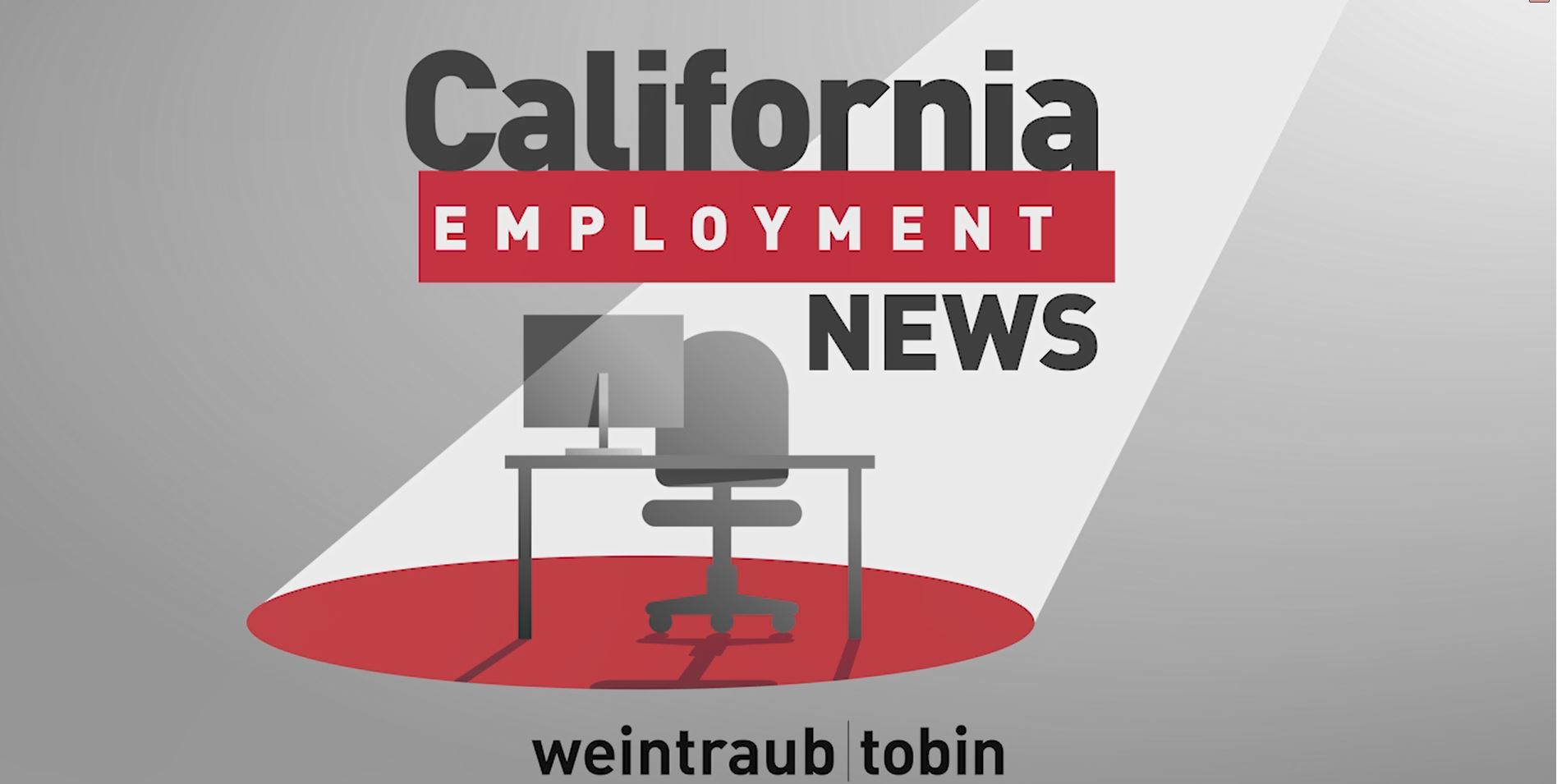In October 2023, Governor Newsom signed Senate Bill No. 525 (“SB 525”), which establishes minimum wage schedules for “covered health care employees” depending on the type of facilities in which they work, and raises the minimum wage for many healthcare facilities to $21 per hour. SB 525 would have raised the minimum wage on June 1, 2024 for many of these facilities. However, on Monday, May 20, 2024, State Senator Mara Elana Durazo, the bill’s author, submitted paperwork for legislation that would delay the increase. Senate Bill No. 828 (“SB 828”) moves the start date of the health care minimum wage law by one month to July 1, 2024.Continue Reading California’s Minimum Wage Law for Healthcare Workers May Be Delayed




